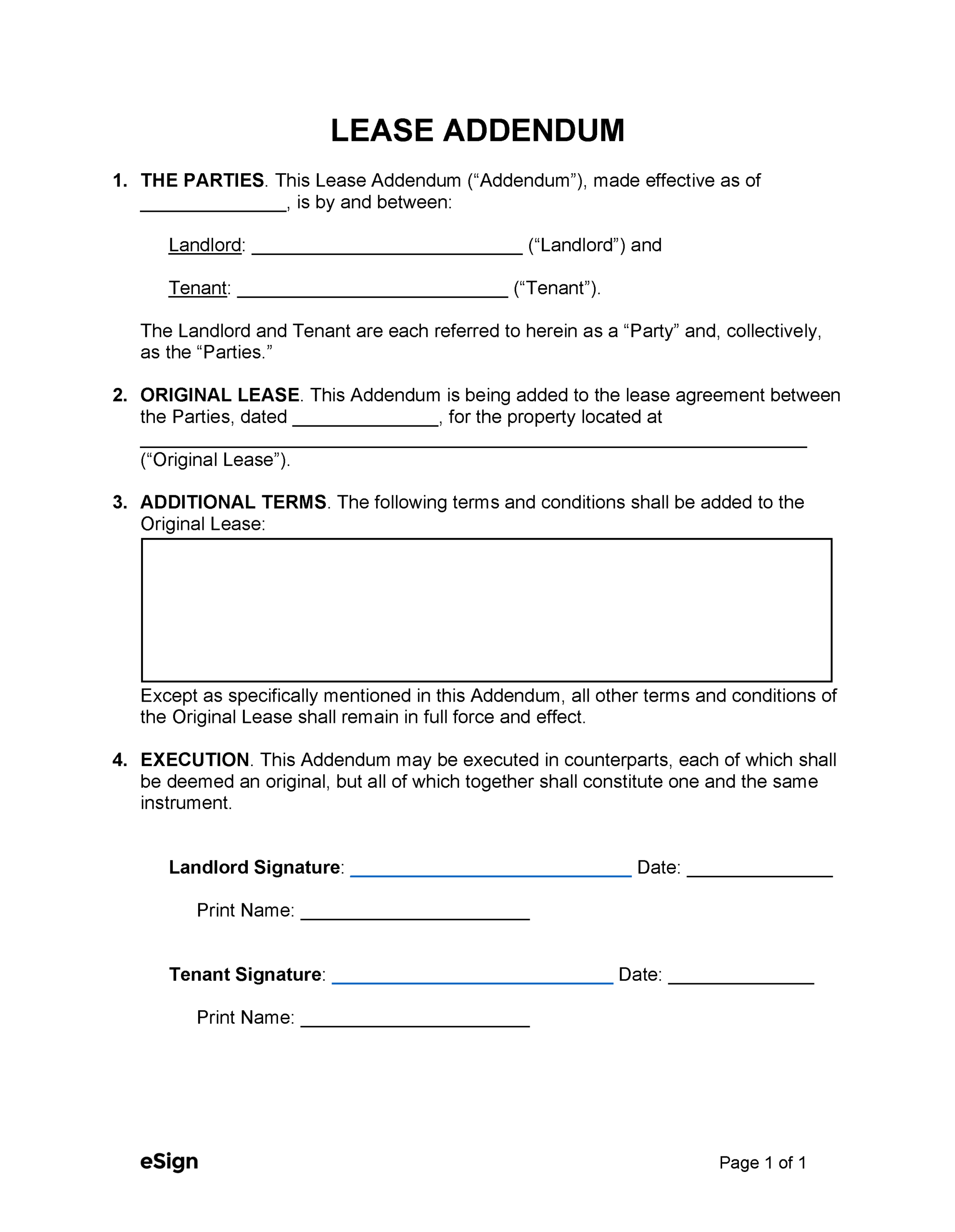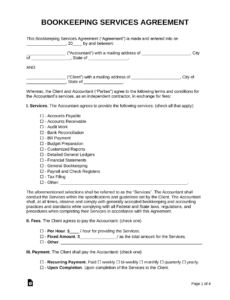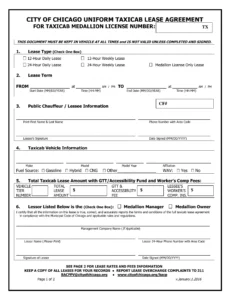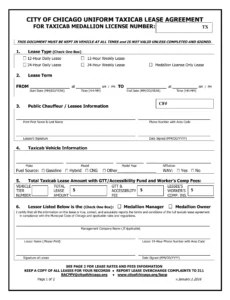Ever found yourself in a situation where a signed agreement, be it a rental lease or a service contract, suddenly needed a little tweak? Perhaps new terms emerged, or a detail was overlooked, and you didn’t want to rewrite the entire document from scratch. That’s precisely where an organized approach to documentation, especially something like an addendum to lease agreement template, becomes your unsung hero in the world of professional communication.
This isn’t just about avoiding a legal headache; it’s about smart business, efficient organization, and clear communication. For landlords, business owners, freelancers, or anyone involved in formal agreements, having a reliable structure for amending existing contracts saves time, reduces confusion, and ensures all parties are on the same page. It’s a tool designed to bring clarity and precision to your professional interactions, ultimately fostering trust and smoother operations.
The Foundation of Trust: Why Organized Documentation Matters
In any professional relationship, whether it’s a landlord-tenant dynamic or a business partnership, clear and organized documentation is paramount. It forms the backbone of trust and transparency, laying out expectations and responsibilities in black and white. Neglecting this crucial aspect can lead to misunderstandings, disputes, and even costly legal battles down the line.

Professional documentation acts as a compliance record, ensuring that all parties adhere to agreed-upon terms and conditions. It provides a historical account of commitments, offering invaluable reference points should questions or disagreements arise. By prioritizing well-structured documents like a legal contract, you’re not just creating paperwork; you’re building a foundation of reliability and accountability for your entire operation.
Unlocking Efficiency: The Power of Structured Templates
Imagine having to draft every single amendment or agreement from scratch, each time ensuring all necessary clauses, legal language, and formatting are perfectly aligned. It’s not only time-consuming but also prone to errors and inconsistencies. This is where structured templates shine, offering a powerful shortcut to efficiency and professionalism.
Using a pre-designed contract template ensures consistency across all your documents, maintaining a uniform professional layout that instills confidence. It drastically reduces the likelihood of omitting critical information, as the framework guides you through the necessary fields and sections. This strategic use of forms frees up valuable time, allowing you to focus on the core aspects of your business rather than wrestling with document creation.
More Than Just Leases: Versatile Applications for Your Business
While the term "addendum to lease agreement template" might suggest a singular purpose, the underlying principle of an addendum is incredibly versatile. It’s about modifying an existing legal contract without invalidating the original, making it a valuable tool across numerous business and personal scenarios. The structure and logic behind this type of form can be adapted to almost any situation requiring a formal amendment.
Think of it as a flexible framework for formalizing changes. This approach is invaluable for service agreements when a project scope changes, or for a business partnership that needs updated terms of service. It can even serve as a concise memorandum of understanding, detailing new agreements between parties without drafting an entirely new document. From rental agreements to intricate business documentation, the adaptability of this concept is a powerful asset for maintaining clear, up-to-date records.
When to Deploy the Addendum To Lease Agreement Template Effectively
Knowing precisely when to use an addendum can streamline your professional communication and prevent future complications. It’s a strategic move for clarifying new terms, formalizing changes, and keeping your existing agreements current and legally sound. Here are some common scenarios where utilizing an addendum to lease agreement template proves most effective:
- Lease Renewals or Extensions: When the original lease term is ending, but both parties wish to continue the agreement with the same or slightly adjusted terms.
- Changes to Rental Property Rules: Introducing new policies, such as pet restrictions, smoking rules, or amenity access.
- Rent Adjustments: Formally documenting an increase or decrease in rent amount, ensuring all parties acknowledge the change.
- Adding or Removing Tenants/Occupants: Officially updating who is permitted to reside in or use the property.
- Modifying Lease Clauses: Amending specific conditions like maintenance responsibilities, utility payments, or security deposit terms.
- Business Contract Scope Changes: For service providers or freelancers, documenting an expansion or reduction in project deliverables.
- Updating Business Partnership Agreements: When partners agree on new responsibilities, profit-sharing ratios, or operational guidelines.
- Vendor Agreement Updates: Adjusting payment schedules, delivery terms, or service level agreements with suppliers.
- Freelance Project Amendments: Clearly outlining any changes to deadlines, fees, or additional work requests during an ongoing project.
- Incorporating New Legal Requirements: Ensuring an existing contract remains compliant with recently enacted laws or regulations.
In all these instances, leveraging the template allows for precise updates without the need to entirely re-negotiate or re-write the primary agreement, saving significant time and effort for all involved.
Crafting Clarity: Design and Usability Tips for Your Documents
A great addendum isn’t just about its legal content; its design and usability play a crucial role in its effectiveness. A well-formatted document is easier to read, understand, and, most importantly, comply with. Think of it as a user interface for your legal communication – clear navigation makes for a better experience.
Start with a clean, professional layout that uses ample white space and legible fonts. Avoid overly decorative elements that can distract from the critical information. Headings and subheadings should be used to break up text and guide the reader through the document logically. For digital versions, consider using fillable PDF forms that are easy to complete and compatible with document signing services. Ensure the template is printer-friendly, with adequate margins and a structure that looks good both on screen and on paper. Clear instructions for completion and return, whether through traditional mail or digital submission, will also enhance the user experience and reduce friction.
The Professional Edge: Time-Saving, Legally Clear, and Organized Communication
In today’s fast-paced professional landscape, efficiency and clarity are not just desirable traits; they are necessities. Leveraging a well-crafted addendum is a testament to your commitment to organized communication and smart business practices. It’s more than just an administrative task; it’s a strategic move that reflects professionalism and attention to detail.
By embracing the power of this form, you streamline your workflow, minimize potential disputes, and ensure all your contractual relationships are built on solid, unambiguous ground. This approach empowers you to manage complex agreements with ease, providing both legal clarity and peace of mind. Ultimately, an addendum, used wisely, becomes a cornerstone of reliable business documentation, allowing you to focus on growth and innovation rather than getting bogged down in paperwork.


